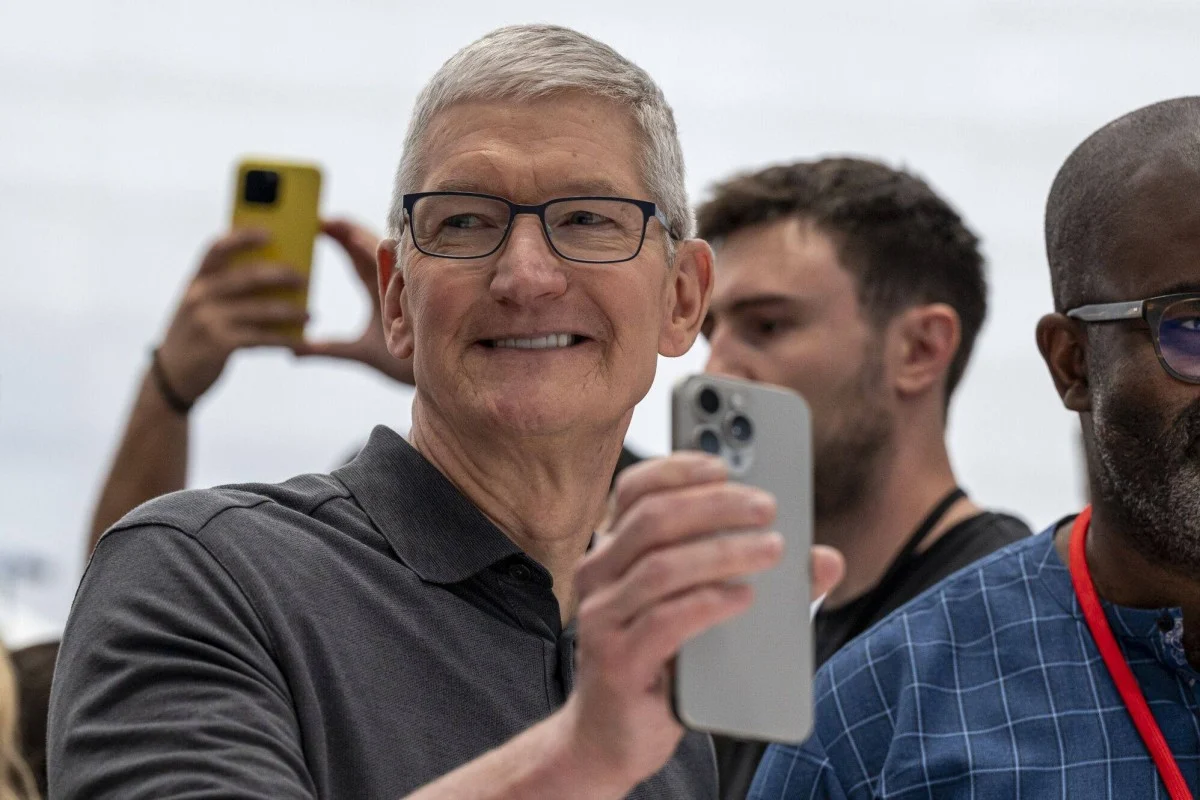Amidst an evolving regulatory landscape in China, Tim Cook, Apple’s chief executive, made his second trip to the country this year, engaging in a pivotal meeting with Jin Zhuanglong, the head of China’s Ministry of Industry and Information Technology (MIIT). This meeting comes in the backdrop of China’s push to have all apps, including those on platforms like Apple’s App Store, undergo vetting and approval processes by local authorities.
Apple, being a dominant player in the tech arena, reacted to this requirement by tweaking its App Store guidelines. The modifications mandated that app developers secure appropriate Chinese licenses for their apps to be listed and downloaded. While some interpreted this change as a potential barrier for foreign apps to reach Chinese consumers, no explicit mention of the updated rules was made during Cook’s discussion with Jin.
In the meeting, Cook reiterated Apple’s commitment to the Chinese market. He expressed Apple’s intention to bolster its association with local supply chain partners, providing them with more growth opportunities. Furthermore, he emphasized Apple’s determination to create a thriving environment for Chinese developers. The tech magnate also underscored Apple’s vision of actively contributing to China’s focus on high-quality, sustainable, and intelligent manufacturing.
Jin Zhuanglong responded positively, expressing hope that Apple would deepen its investment in China. He emphasized China’s recent initiative to alleviate restrictions on foreign investments in the manufacturing sector and voiced his optimism for Apple to play a role in China’s industrial evolution.
Tim Cook’s engagement in China wasn’t limited to these official dialogues. He also toured facilities managed by Luxshare Precision Industry Co., a significant supplier for Apple’s AirPods and a company that recently secured orders for the upcoming iPhone 15 and the Vision Pro mixed reality headset.
Cook’s surprise visit came to light during his interaction at an Apple Store in Chengdu, where he expressed enthusiasm about Chinese developers’ contributions to Apple’s new Vision Pro headset.
China’s significance in Apple’s global strategy can’t be overstated. Home to the largest internet user base and a mammoth smartphone market, China is crucial both as a manufacturing base and as a significant market for Apple products.
However, Apple faces headwinds in the region. Recent data indicates that the iPhone 15 series hasn’t garnered as much traction as its predecessor, with sales reportedly dropping by 4.5% in the initial 17 days compared to the iPhone 14’s launch period. Challenges also arise from Huawei Technologies, which has made a comeback with its technologically advanced Mate 60 Pro and Mate 60 Pro+ 5G models, sparking a wave of nationalistic enthusiasm among Chinese consumers.
In March, Cook’s journey through China included meetings with top-tier Chinese officials, such as Premier Li Qiang and Minister of Commerce Wang Wentao. This ongoing dialogue between Apple and Chinese authorities underscores the symbiotic relationship and the tech giant’s commitment to adapting and thriving in this essential market.
READ MORE:
